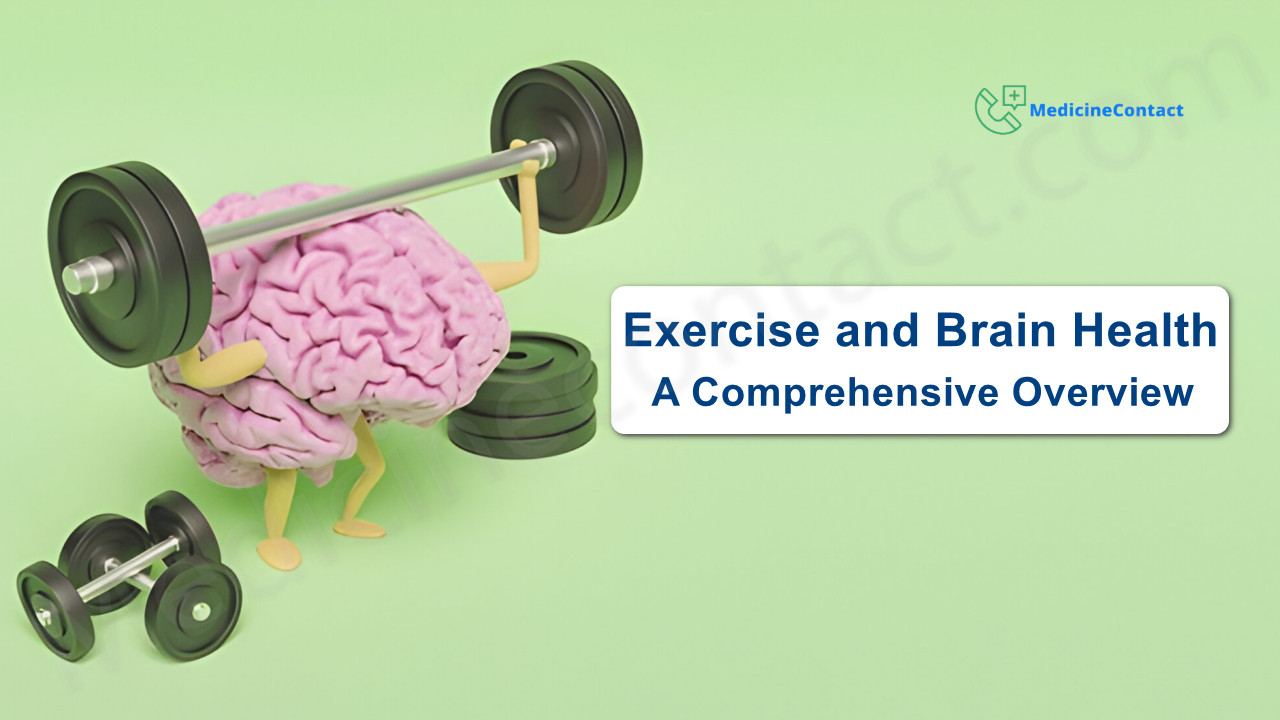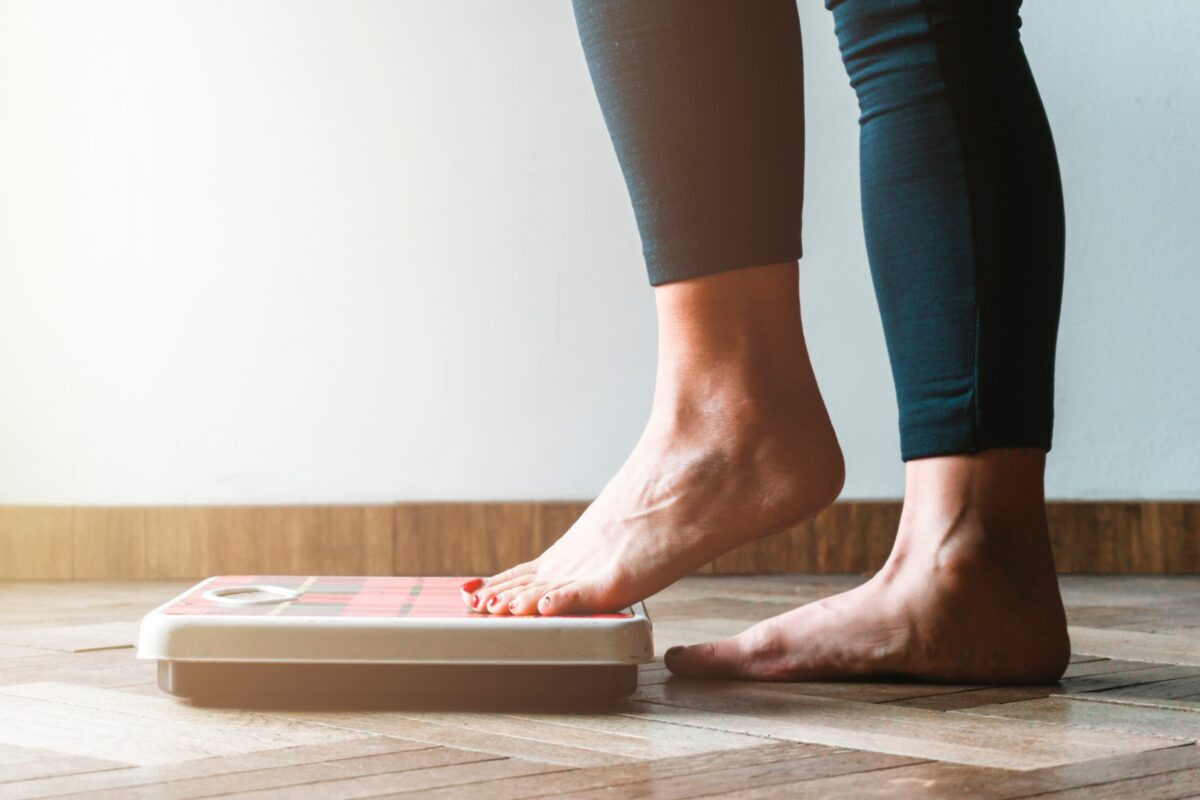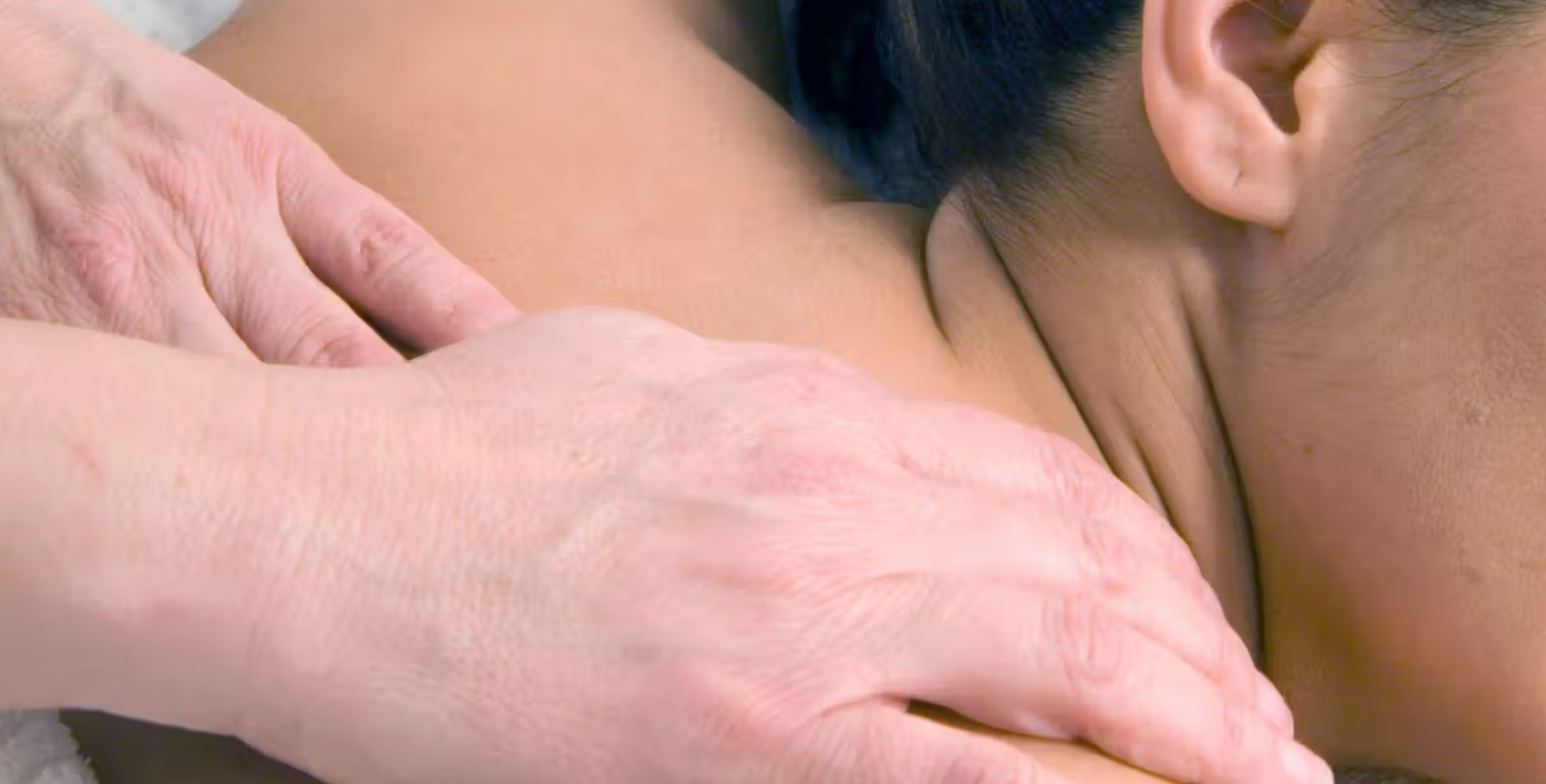
Does Afib Cause Dehydration?
Atrial fibrillation (afib) is a heart condition characterized by an irregular and rapid heartbeat. It's common for people with afib to wonder if the condition itself can lead to dehydration. While afib does not directly cause dehydration, some of the symptoms and risk factors associated with afib can contribute to an increased risk of dehydration.
Understanding Atrial Fibrillation
Atrial fibrillation causes the upper chambers of the heart (the atria) to beat chaotically and irregularly. This leads to an unreliable blood flow from the atria to the lower chambers of the heart (the ventricles). As a result, people with afib often experience symptoms like:
- Palpitations
- Fatigue
- Shortness of breath
- Chest pain
- Lightheadedness and dizziness
Afib increases the risk of blood clots, stroke, and heart failure. It's the most common heart rhythm disorder, affecting over 33 million people worldwide. Afib can be episodic or persistent, with episodes triggered by things like caffeine, alcohol, stress, and strenuous exercise.
Afib Symptoms That Can Contribute to Dehydration
While afib itself does not directly cause dehydration, some of the symptoms associated with the condition can lead to an increased risk of dehydration. For example:
- Excessive sweating - Many people with afib experience hot flashes and night sweats which can result in excessive sweating. This leads to fluid loss and potential dehydration.
- Frequent urination - The irritation heart palpitations cause can increase urination leading to increased fluid loss.
- Diuretic medications - Medications like diuretics used to treat high blood pressure and heart failure in people with afib can lead to dehydration.
- Nausea - Some people experience nausea as a symptom of afib. Vomiting expels fluids from the body and leads to dehydration.
Afib Risk Factors That Increase Dehydration Risk
Several underlying conditions that are risk factors for developing afib can also predispose people to dehydration. These include:
- Diabetes - High blood sugar causes frequent urination and fluid loss.
- Kidney disease - Damaged kidneys have a harder time conserving water in the body.
- Hyperthyroidism - An overactive thyroid can lead to increased sweating.
- Gastrointestinal conditions - Diarrhea from IBS, Crohn's and celiac disease may cause dehydration.
- Sleep apnea - Excessive daytime sleepiness leads to lower water intake.
Medications for Treating Afib Can Lead to Dehydration
Many medications used to manage atrial fibrillation can also inadvertently increase the risk of dehydration. These include:
- Diuretics - Water pills like furosemide (Lasix) rid the body of excess fluid but also essential electrolytes.
- ACE inhibitors - Drugs like lisinopril (Prinivil, Zestril) used to lower blood pressure may cause decreased thirst.
- Anti-arrhythmic medications - Amiodarone (Cordarone), sotalol (Betapace), and flecainide (Tambocor) can lead to vomiting and diarrhea.
- Anticoagulants - Warfarin (Coumadin) increases risk of bleeding in the GI tract which may result in fluid loss.
- Diuretics - Spironolactone (Aldactone) and eplerenone (Inspra) deplete potassium, which may cause muscle cramps and dehydration.
Lifestyle Factors Associated with Afib and Dehydration
Certain lifestyle factors connected with increased risk of afib may also predispose someone to dehydration. These include:
- Older age - Thirst signals become less perceptible so seniors are more prone to dehydration.
- Obesity - Excess body mass makes it harder for the body to cool itself, resulting in fluid loss through sweating.
- Smoking - Chemicals in cigarettes and vaping constrict blood vessels including those supplying the kidneys.
- Alcohol abuse - Heavy alcohol consumption causes fluid loss through increased urination and vomiting.
- Caffeine - As a stimulant, caffeine causes increased urinary output.
Warning Signs of Dehydration
It's important for afib patients to watch for potential signs of dehydration, including:
- Thirst and dry mouth
- Dark yellow urine or infrequent urination
- Fatigue, dizziness or confusion
- Skin that's dry or lacks elasticity
- Rapid heart rate and breathing
- Muscle cramps
- Low blood pressure
- Nausea, diarrhea, vomiting
- Heat intolerance
Preventing Dehydration
Afib patients can take steps to stay well-hydrated and lower their risk of dehydration such as:
- Drinking water and fluids throughout the day
- Avoiding excessive caffeine and alcohol
- Eating foods with high water content like fruits and veggies
- Monitoring urine color
- Tracking daily fluid intake
- Exercising early or late to avoid peak heat
- Staying indoors with A/C during extreme heat
- Addressing side effects or symptoms contributing to fluid loss
- Discussing alternative medication options with doctor if needed
Maintaining good hydration can help minimize afib episodes. However, if dehydration persists or severe symptoms arise, urgent medical treatment may be needed.
Treating Dehydration
If afib patients show moderate signs of dehydration, these methods may help restore fluids and electrolytes:
- Oral rehydration salts or sports drinks
- Consuming water, fruit juices, soups, popsicles
- Foods high in potassium like bananas, potatoes, yogurt
- Resting in a cool environment
- Wearing lightweight, breathable clothing
For severe dehydration causing fainting, racing heart, chest pain, or confusion, seek emergency care. Treatment may involve:
- IV fluid replacement therapy
- Hospitalization for close monitoring
- Medications to restore blood pressure and nutrients
- Addressing underlying digestive or kidney issues
The Bottom Line
While afib itself does not directly cause dehydration, many associated symptoms, risk factors and treatments may increase susceptibility to dehydration in those with atrial fibrillation. Paying attention to fluid intake, monitoring thirst signals, and avoiding triggers like caffeine and heat exposure can help minimize the chances of becoming dehydrated.
Promptly treating any signs of dehydration is important, as severe fluid or electrolyte imbalances can worsen heart rhythm instability. Open communication
FAQs
Does having afib mean I will become dehydrated?
No, atrial fibrillation itself does not directly cause dehydration. However, certain afib symptoms, medications, and risk factors may increase susceptibility to dehydration.
What afib symptoms can lead to dehydration?
Excessive sweating, frequent urination, nausea/vomiting, and side effects from medications used to treat afib can all contribute to fluid loss and dehydration.
How can I prevent dehydration with afib?
Drink fluids regularly, limit alcohol and caffeine, avoid extreme heat, eat hydrating foods, and monitor your thirst and urine color. Also discuss medication side effects with your doctor.
Does dehydration worsen afib?
Dehydration negatively affects the heart's normal rhythm and can potentially trigger afib episodes or make them worse. Maintaining hydration helps stabilize the heart.
When should I seek emergency care for dehydration with afib?
Seek urgent medical treatment if you experience fainting, chest pain, rapid heart rate, confusion, inability to drink fluids, or lack of urination along with dehydration symptoms.
Disclaimer: This article is for informational purposes only and does not constitute medical advice. Always consult with a healthcare professional before starting any new treatment regimen.




